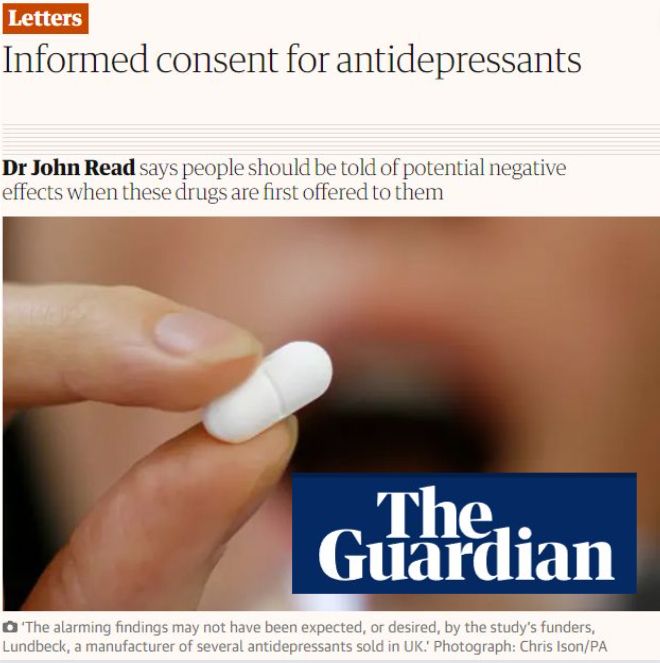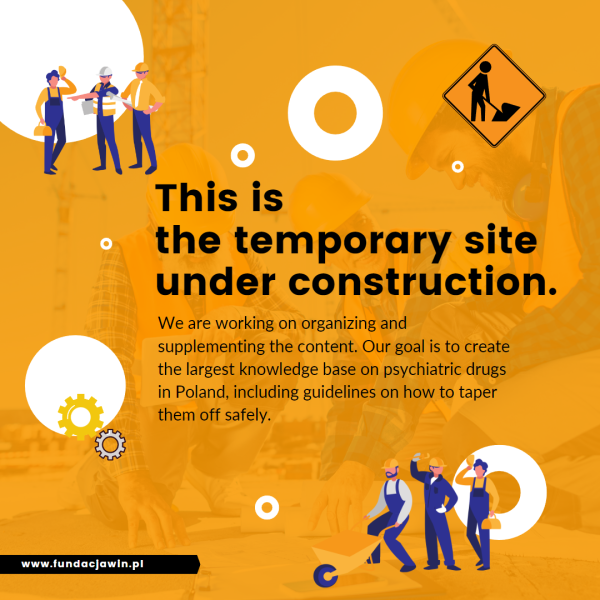Cognitive Distortions in Depression – How Does Our Mind Deceive Us?
One of the roots of depression is the way we perceive ourselves, other people, and the world. Cognitive distortions are automatic, faulty thinking patterns that make us see reality in a negative and distorted way.
Below are some of the most common distortions that may occur in depression.
1. Overgeneralization
This is the belief that one negative experience will repeat itself always and everywhere.
📌 Example: “I failed once, so I will always fail.”
This type of thinking closes us off from trying new challenges because we assume failure in advance.
2. Catastrophizing
This is expecting the worst-case scenario, even if it is very unlikely.
📌 Example: “If I’m late for the meeting, I will lose my job.”
Catastrophizing causes constant tension and anxiety, paralyzes action, and increases the feeling of helplessness.
3. Black-and-white thinking
We see reality in extremes – something is either completely good or completely bad.
📌 Example: “If I am not perfect, then I am worthless.”
The inability to see shades of gray means we fail to appreciate small successes and minor progress.
4. Negative filter
This is focusing exclusively on the negative and ignoring positive aspects of a situation.
📌 Example: “My boss praised my work but pointed out one mistake – so I am worthless.”
The negative filter makes us interpret even good experiences as failures.
5. Personalization
This is blaming ourselves for events we have no real control over.
📌 Example: “My friend is in a bad mood – it must be my fault.”
Personalization leads to guilt that is not justified by reality.
How to cope with this?
The first step is to recognize distortions – noticing that our thoughts are not always true. Helpful strategies include:
- Keeping a thought journal: Write down difficult situations, emotions, and automatic thoughts, then analyze them.
- Challenging beliefs: Ask yourself: Is this a fact, or just an interpretation?
- Cognitive Behavioral Therapy (CBT): Teaches how to change thinking patterns to be more realistic and supportive.
Summary
Cognitive distortions are like crooked mirrors that distort our perspective. The good news is that you can learn to recognize and gradually change them. The sooner we start working on our thoughts – on our own or with a specialist – the greater the chance we will break the vicious cycle of depression.
📌 Key Scientific Findings
1. Cognitive distortions as a stable trait
A 2023 study found that cognitive distortions persist even after depressive episodes remit and may predict chronic or recurrent depression. This suggests that distorted thought patterns are not only a temporary symptom but also a lasting vulnerability (hqlo.biomedcentral.com).
Reference:
A.M. Carneiro, D.A. Pereira, F. Fernandes, et al. Distorted thoughts as a mediator of depressive symptoms in patients with major depressive disorder: a longitudinal study. Health and Quality of Life Outcomes, 2023.
2. Distortions predict symptom severity
The latest study analyzing therapy transcripts showed that the frequent occurrence of specific distortions – dichotomous (all-or-nothing) thinking, overgeneralization, and personalization – strongly predicted greater depression severity, beyond general negativity or self-focus (link.springer.com).
Reference:
C. Lalk, T. Steinbrenner, J.S. Pena, et al. Depression Symptoms are Associated with Frequency of Cognitive Distortions in Psychotherapy Transcripts. Cognitive Therapy and Research, 2025.
3. Distortions in various cognitive processes
Research on attentional and memory biases confirms that depressed individuals selectively focus on negative information and have difficulty disengaging from it, contributing to the maintenance of negative emotions and weakened cognitive control (pmc.ncbi.nlm.nih.gov).
Reference:
I.H. Gotlib, J. Joormann. Cognition and depression: current status and future directions. Annual Review of Clinical Psychology, 2010.
4. Biological correlates
In people with depression, the frequency and conviction of negative thoughts were correlated with elevated cortisol (the stress hormone) and lower oxytocin levels, which intensify stress responses and emotional dysregulation (frontiersin.org).
Reference:
S.J. Thomas, T. Larkin. Cognitive Distortions in Relation to Plasma Cortisol and Oxytocin Levels in Major Depressive Disorder. Frontiers in Psychiatry, 2020.
5. Language markers of distortions
A study published in Nature Human Behaviour showed that individuals reporting depression on social media used significantly more distorted language patterns – especially personalization and emotional reasoning – than non-depressed individuals, even after controlling for mood and pronoun use (nature.com).
Reference:
K.C. Bathina, M. ten Thij, L. Lorenzo-Luaces, et al. Individuals with depression express more distorted thinking on social media. Nature Human Behaviour, 2021.
6. Humor and depression
A study on humor, cognition, and mood showed that cognitive distortions reduce adaptive humor styles (e.g., self-enhancing humor) and increase maladaptive ones (e.g., self-defeating humor), indirectly increasing depressive symptoms (pmc.ncbi.nlm.nih.gov).
Reference:
K. Rnic, D.J. Dozois, R.A. Martin. Cognitive Distortions, Humor Styles, and Depression. European Journal of Psychology, 2016.







